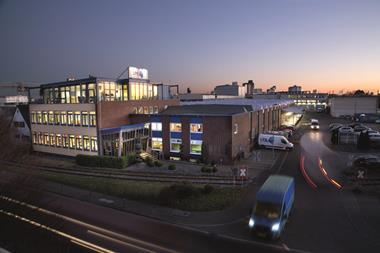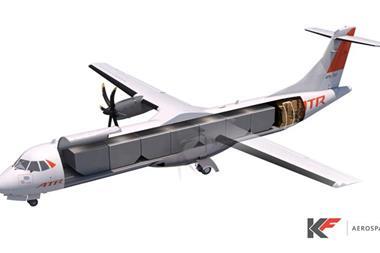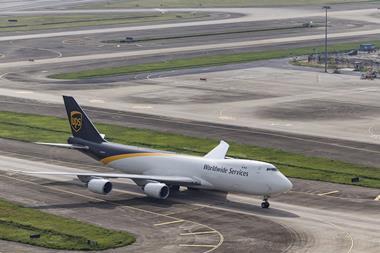Global express services provider Deutsche Post DHL (DPDHL) has focused in its latest Trend Report on the subject ‘Robotics in Logistics’. In its look to the future, DHL predicts that robots will revolutionise the global logistics industry, soon handling tasks such as picking, packing and moving goods to such an extent that they become essential to the world of logistics and completely transform supply chains.
The study points to the rapidly changing technologies associated with robotics, robots now much better able to see, move and react to their environment. They are now able to undertake tasks much more precisely and with a much greater degree of collaboration with people, it suggests, also pointing out that the demand for this sort of capability is growing quickly – in no small part because of the diminishing size of many nation’s workforces alongside an explosion in demand for e-commerce.
Matthias Heutger, senior vice president strategy, marketing & innovation for DHL Customer Solutions & Innovation, commented: “Robots work in many industries but haven’t made an impact on logistics yet because of the complexity of the work – handling a wide array of different things in an infinite number of combinations, close to people and in confined spaces.
“Current research shows that 80% of logistics facilities today are still manual. Recently, however, technology is just starting to catch up to meet demands for flexible and low-cost robots that could collaboratively work in logistics,” Heutger added.
Investment from both the public and private sector is driving a new wave of research into robots that are likely to have applications in logistics, the report suggests. For example, the European Commission’s SPARC programme will see the EU invest 700 million euros (US$780 million) in robotics research, and a consortium of 180 European companies has pledged an additional 2.1 billion euros (US$2.35 billion) by 2020.
Clemens Beckmann, executive vice president innovation, post - ecommerce – parcel at Deutsche Post DHL Group, remarked: “Just like our children can’t picture a world without computers, it is likely that their children will feel the same way about robots. Developing the next generation of robots that can work around and among people will take a substantial investment to advance the technology but at DPDHL Group we believe that soon supply chains will see humans and robots working side by side to handle goods faster and more economically.”
DPDHL Group has already started its own experiment with future-oriented robotics and progress made in those trials is to be shared at the company’s first Robotics Day on 7 April at the DHL Innovation Center in Gersmany.










